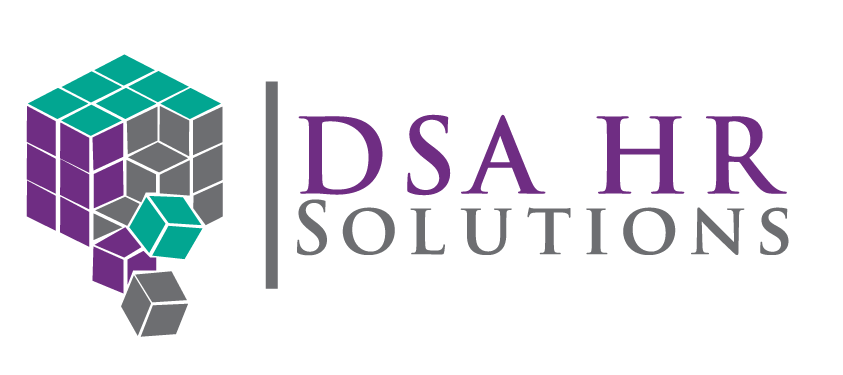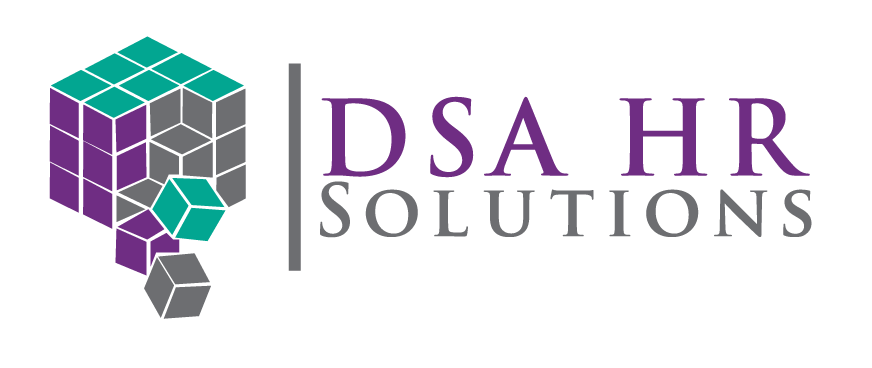All About The California Pay Transparency Law 2023
All About The California Pay Transparency Law 2023

The new Pay Transparency Act (SB 1162) signed by California Governor Gavin Newsom last September 27, 2022, will significantly alter how businesses in the state list job postings and disclose salaries to the government.
This law will be effective as of January 1, 2023 — so if you run a business, it’s important to be well-equipped to adapt to these changes. Here’s everything you need to know about it.
What Is The New Pay Transparency Act (SB-1162)?
SB 1163 focuses on two major aspects: pay data disclosure and job listing information. By January 1, 2023,
California employers with 15 or more employees are required to provide salary ranges for open positions in both internal and external job listings (excluding bonuses and equity-based compensation). The same rules apply if the company is employing an outside/third-party service to advertise the vacancy.
For companies with 100 or more employees, the state requires that they provide salary information broken down by race, sex, and ethnicity.
Employers are also subject to
new reporting requirements and deadlines for submitting yearly wage data
to the California Civil Rights Department.
Let’s go more into detail.
Pay Data Disclosure and Reporting
The new pay transparency law applies equally to both private and public sectors. The purpose of this regulation is to equalize the ground in terms of pay for new hires.
- Employers are required to provide the mean and median hourly rate per race, ethnicity, and gender for each job category.
- The yearly deadline for annual pay data reports has been moved to the second Wednesday of May. The first report will include salary information for all of calendar year 2022 and will be due on
May 10, 2023.
- Consolidated reports are no longer needed for companies that operate in more than one location. Each of these businesses must still fill out a separate report.
- Private employers with 100 or more employees who are hired through labor contractors are required to compile a separate report of information on salary, total hours, race, ethnicity, and gender.
Civil Penalties
Before this change in the legislation, the California Department of Civil Rights may file a petition for an injunction ordering businesses to provide these reports and pay any related fees. With the passage of SB 1162, a court may fine an employer up to $100 per employee for failing to submit the mandatory report, and up to $200 each employee for any future violations of Section 12999.
Pay Transparency
Pay Scale Disclosure
Existing California law mandates that, upon reasonable request, companies provide salary ranges for available roles. With SB 1162, every company with 15 or more employees must
specifically indicate the salary range for the position in the listing.
Any prospective employee should also be allowed access to this data upon reasonable request and without an interview.
Pay Scale Requests
Upon request, all employees working for covered companies must be given access to the corresponding pay scale.
Mandatory Record Keeping
According to SB 1162, companies must now keep records of each employee's job title(s) and pay rate history for the length of their employment plus three years following termination. The Labor Commissioner is entitled to review these files at any time. In the event that an employer does not maintain such documents, a rebuttable presumption will be made in favor of the employee under the new legislation.
Penalties For Record Keeping Violations And Pay Scale Requests
If an employee files a complaint against an employer for failing to comply with these regulations, the Labor Commissioner is tasked with looking into the matter and may impose a civil penalty on the company if they are found to be at fault.
A person who has suffered damages due to a breach of these provisions may file a civil action seeking injunctive and other applicable measures under the new law.
Penalties of up to $10,000 per violation of the new wage scale regulations will be imposed for technical violations. If an employer can show that they have corrected a job posting violation by adding wage information, then they will not be subject to the first fine.
How To Comply: What Your Next Steps Should Be
If you run a business, start optimizing your processes for these regulations as early as soon as possible.
Prepare for the new regulations by establishing a new and improved HR strategy
to ensure that salary ranges are always included in both internal and external job advertisements. Keep employee records (with all the important data) to showcase that you are complying with them.
Management, hiring, and HR personnel should all get training on the new regulations and procedures as well.
You may also want to do an internal audit of existing employee wages to make sure there are no inconsistencies or discrepancies in preparation for reporting in 2023. If your company is not obliged to record salaries due to its size or location, doing a pay audit might help you be ready for any future pay equity reporting requirements.
Stay On Top Of Regulations With DSA HR Solutions, Inc.
Law compliance isn’t something to take lightly — let the human resources professionals handle it.
DSA HR Solutions can help you seamlessly make the shift to the California Pay Transparency Law. Our all-new Pay Transparency services provide you with all the necessary software, infrastructure, and expertise for ultimate convenience and efficiency.
Each business and industry is different. We provide
tailor-fit
HR guidance and solutions to help your company comply with each and every regulation. Our team of experts will develop a whole new company policy and procedure, and train managers, supervisors, and other employees on compliance-related topics.
Avoid costly legal problems and create a safer, more productive work environment for you and your employees.
Work with us today by
clicking here.
Author
We are a team of certified
HR experts based out of the San Francisco
Bay Area that provides
HR consulting services to businesses nationwide.
Categories
Quick Links
Copyright 2020 DSA HR Solutions, Inc. | All Rights Reserved | Privacy Policy
Website by EnlightWorks
Website by EnlightWorks
Copyright 2020 DSA HR Solutions, Inc. | All Rights Reserved | Privacy Policy




